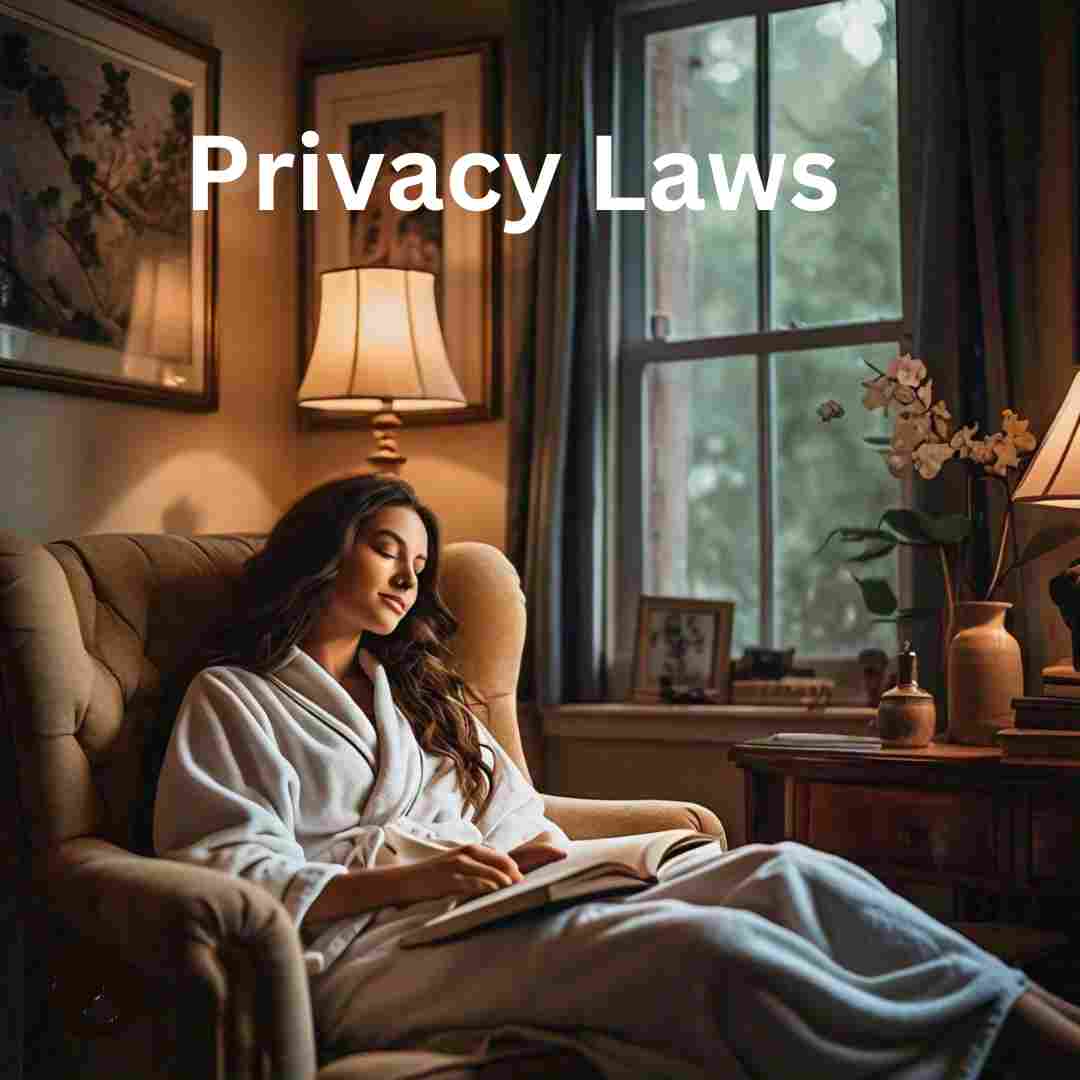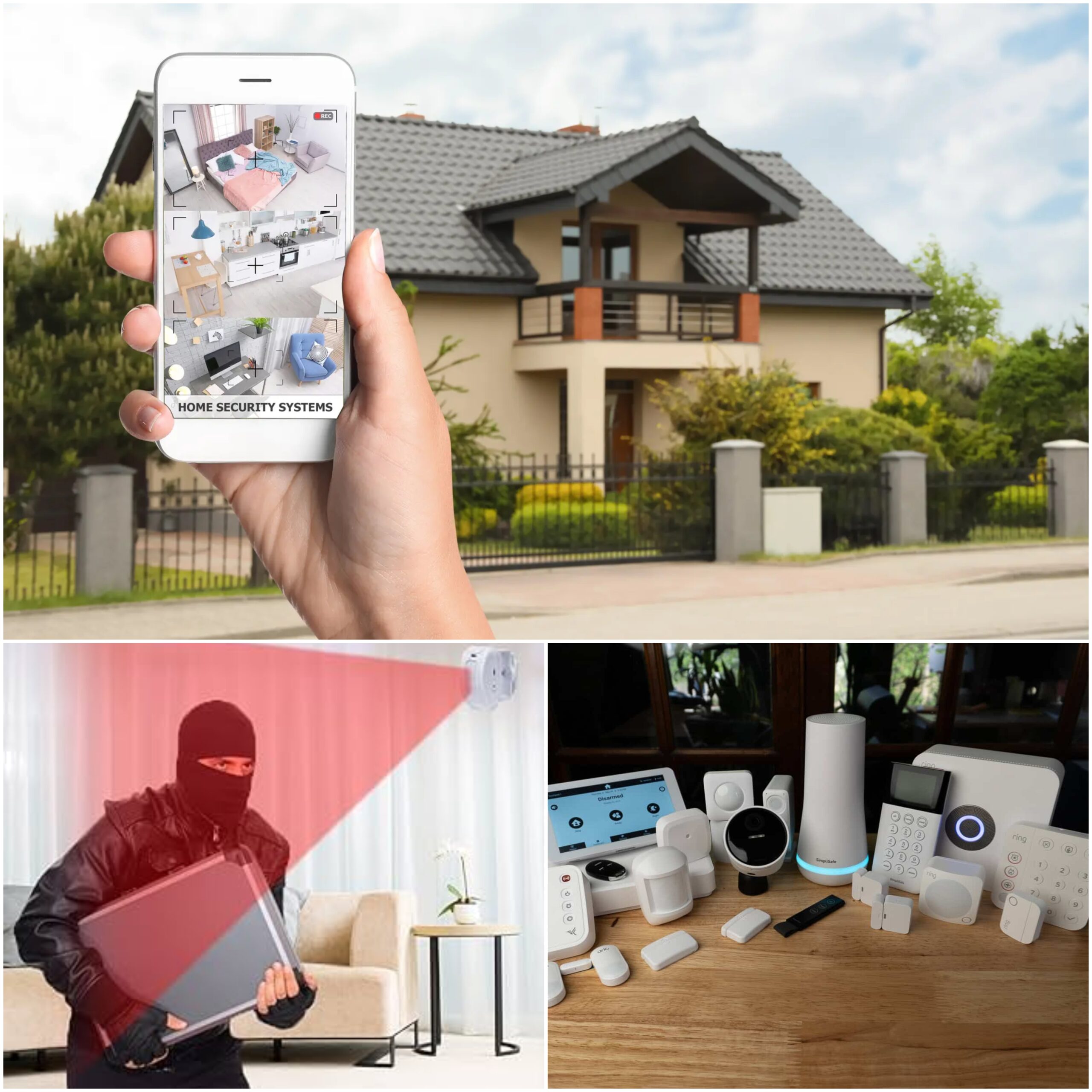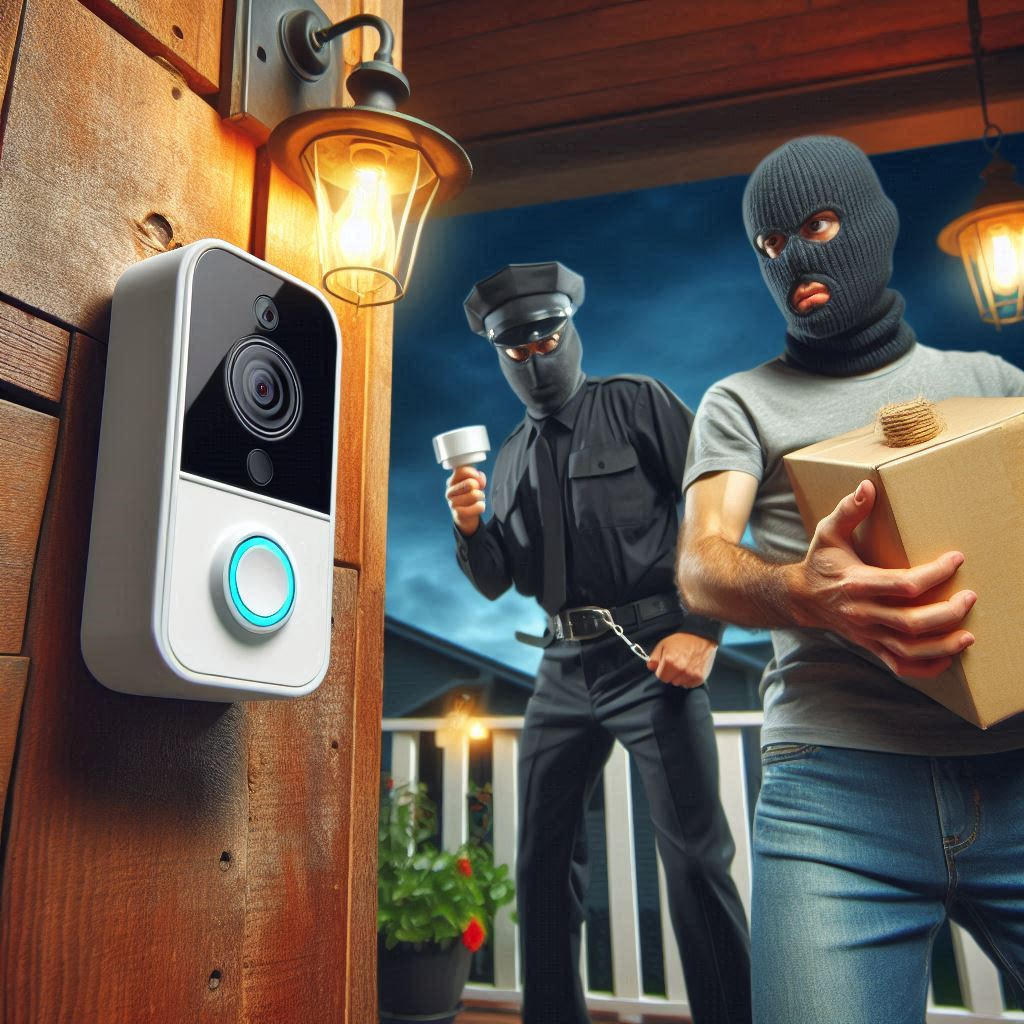Table of Contents
Smart home security systems are becoming a standard installation in many homes. To safeguard us against the misuse of our personal information, privacy laws are needed.
Our data including video footage and personal information could be exploited or indicated without suitable regulations. By being aware of these rules, we can protect our privacy and take advantage of modern safety precautions.
These technologies, which range from smart cameras to video doorbells, provide comfort and security. However as more people install these systems, privacy issues are becoming more common.
Let’s explore the main US privacy laws that impact home security.
Privacy Laws in Home Security
- Types of Home Security Systems
The different varieties of home security systems that are available have greatly expanded over the years.
Some of the most popular ones are motion detectors that notify you of any movement on your property, doorbell cameras that let you see who is at your door, and smart cameras that allow you to monitor your home remotely.
These devices provide homeowners more control over their safety and help prevent break-ins.
- Growth of Smart Home Devices
In the US, the popularity of smart home security systems has been rising quickly.
In reality, smart security systems are currently installed in millions of homes across America.
One of the industries with the quickest growth is technology, as more people turn to it for better security with the rise of home automation.
- Connection to Privacy
Yet concerns about private life are growing along with the rise in popularity.
Large volumes of data, including video and personal information, are frequently collected by these devices.
This data may be stored insecurely or shared with third parties if it is kept on the cloud by certain systems.
Homeowners must be aware of the potential privacy risks linked to using modern security systems.

Key Privacy Laws US Homeowners Need to Know
It is necessary to know the privacy regulations protecting your personal information when using home security systems.
The following are important federal and state laws that American homeowners need to be aware of,
1. Federal Privacy Laws
- Electronic Communications Privacy Act (ECPA)
Since it is against the law for someone to record or monitor your private communications without permission, this rule protects homeowners.
In this case, it makes sure that no one may view or share chats or video footage from your home security system without permission.
- Computer Fraud and Abuse Act (CFAA)
Preventing unwanted access to devices and data is the main goal of the CFAA. This law helps shield you against attempts to steal your personal information or compromise your home security system.
2. State-Level Privacy Laws
- California Consumer Privacy Act (CCPA)
While this law primarily affects California, privacy laws across the country have been impacted by it.
More control over the collection, storage, and sharing of homeowner data is granted by the CCPA.
It permits you to ask for the removal of your data and mandates that businesses be open and honest about the personal data they collect.
- Illinois Biometric Information Privacy Act (BIPA)
This regulation is particularly important if your home security system makes use of biometric technology, like facial recognition.
According to BIPA, businesses have to get your permission before getting biometric data and notify you of the purpose behind it. For households with modern security systems, it is an important law.
3. Homeowner Rights
You have a right as a homeowner to know what personal information your security system is gathering and how it will be used.
You have the right to ask to see this data and, in certain situations, to have it removed. Also, you have the right to safeguard the storage of your data and to stop illegal access to it.
By being aware of these rights, you can use home security systems while maintaining your privacy.
Read: DIY Home Security – Effective Measures You Can Implement Today
Data Collection by Home Security Companies
It is important to understand the type of data being collected and how it might be used when using home security systems.
Many intelligent security devices collect a wide range of data, which may cause privacy issues.
1. What Data is collected?
- Home security firms frequently collect audio recordings from doorbells and cameras, video footage from cameras, and personal data like your name, address, and account information.
- Using motion sensors or connected apps, some systems even track information about your behaviors, like when you are at home or away.
2. Third-Party Data Sharing
- The information collected by home security systems could occasionally be transferred to outside parties.
- In this case, during an investigation, police enforcement may receive access to camera footage or other personal information.
- Tech firms may also use this information for product development or advertising.
- To find out who might have access to their information, householders should review the privacy policies of their security companies.
3. Cloud Storage and Vulnerabilities
- Homeowners can view collected information remotely through the cloud storage offered by several security companies.
- Cloud storage is not without risk, yet. Cyberattacks or data breaches may reveal private information about you, including home videos.
- Insufficient safety precautions can allow hackers to access confidential information.
- For this reason, it is necessary to confirm that your security provider protects your data using strong passwords and other security methods.
Privacy Concerns with Home Security
Since they increase safety, home security systems have privacy risks that homeowners should be aware of.
By being aware of these issues, you can make sure that your security system respects privacy laws while maintaining its reliability.
1. Surveillance of Public Areas
- The legal limitations on the areas your cameras may monitor are one important concern.
- While cameras are often installed by homeowners to monitor their driveways, front yards, and other private areas, issues can occur when the cameras begin to capture public areas such as streets or neighboring houses.
- Violations of privacy may result from recording someone without their knowledge or permission.
- Verify local regulations to make sure your cameras are not violating any rights.
2. Hacking Risks
- Defective security protocols are at risk of cyberattacks, which could end up in unwanted monitoring.
- Your home security cameras could be compromised by hackers, who could then view or record your activities without your awareness.
- Hackers will find it simpler to exploit your system if it is not properly secured using encryption and strong passwords.
- To lessen this danger, you may do two easy but powerful things secure your Wi-Fi network and install regular software upgrades.
3. Children’s Privacy
- Protecting the privacy of your children should be your first priority if you have any at home.
- Some smart cameras and baby monitors gather and save data about your children.
- You need to know what happens to and how this data is used.
- Since children’s privacy concerns are frequently more sensitive, extra caution should be used when installing cameras in places where kids spend time.
- An important first step is to make sure your gadgets abide by privacy laws, like the Children’s Online Privacy Protection Act (COPPA).
Read: Home Security for Renters – Temporary Solutions for Securing Your Space
Best Practices for Homeowners to Protect Privacy
There are some necessary steps you can take to make sure that your home security system protects both your privacy and safety.
By following these recommended measures, you can lower the possibility of data misuse and protect your private data.
1. Understand Your Security System’s Privacy Policy
Check the privacy laws in detail before installing a home security system.
You will then have a deep awareness of what information is gathered, how it is kept safe, and who may access it.
When many homeowners neglect to do this, knowing your system’s terms and conditions is important for safeguarding your privacy.
Make sure you are familiar with the company’s policies and keep an eye out for any clauses of sharing of data with other parties.
2. Limit Data Sharing
Limiting the amount of data you share can help lower the risks to your privacy.
You can change the settings of certain security systems to manage the data that is collected and the recipients of it.
You may decide, for this reason, not to keep video on the cloud or not provide your information to unconnected businesses.
Reducing data sharing increases the security of your personal data.
3. Regular Software Updates
Updating your home security system is very important for protecting your privacy.
Critical security patches that stop breaches and keep hackers out are frequently included in routine program updates.
While many systems update automatically, be sure to regularly check for updates if it does not. These updates make certain your system is secure and operating efficiently.
4. Secure Wi-Fi Networks
Your Wi-Fi network, which is frequently connected to your home security equipment, may be insecure if it is not properly secured.
Creating strong passwords, turning on encryption, and routinely monitoring your network for illegal activity are simple yet efficient methods to safeguard your security system.
Wi-Fi security is the first step in practicing cyber hygiene because an unprotected network can provide hackers with easy access to your devices.
What to Expect in the Future?
We can expect rules regarding privacy laws to reflect new technologies in the upcoming years.
The collection, sharing, and storage of data may be subject to stricter laws, particularly with regard to biometric data.
Lawmakers will probably introduce special regulations to safeguard individual privacy while weighing the possible benefits of smart home security as AI-driven devices grow.
As these technologies develop further, homeowners will need further privacy laws.
Bottom Line
These days, privacy is just as necessary as security, particularly when it comes to securing your house.
While using home security systems, homeowners can protect their personal information by being aware of and following by privacy laws.











